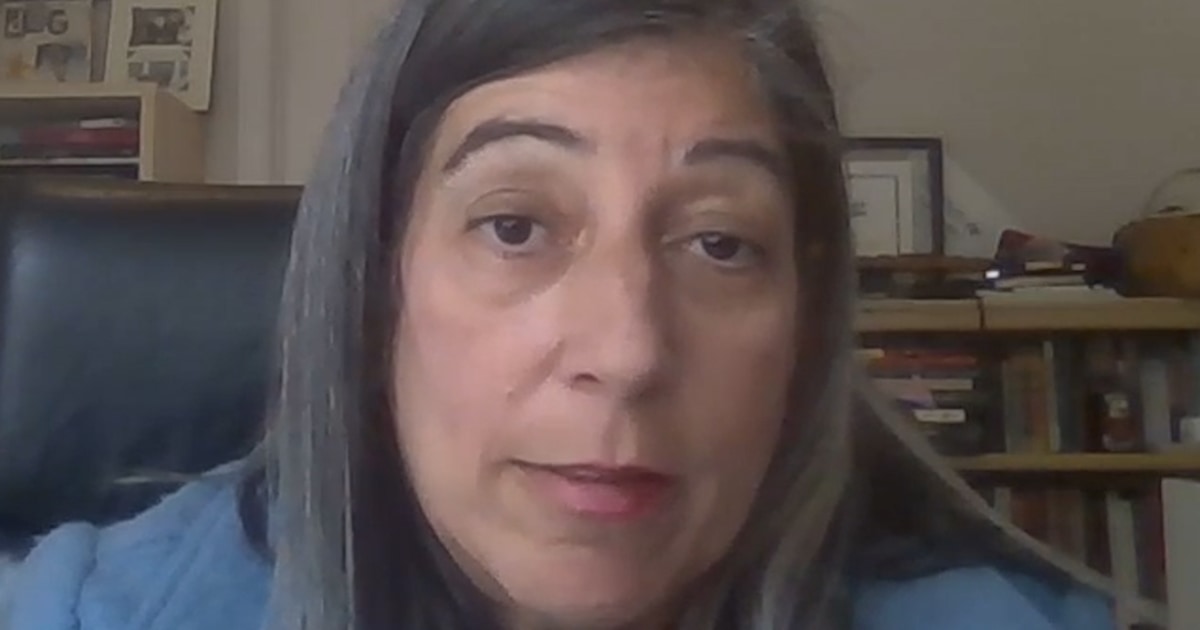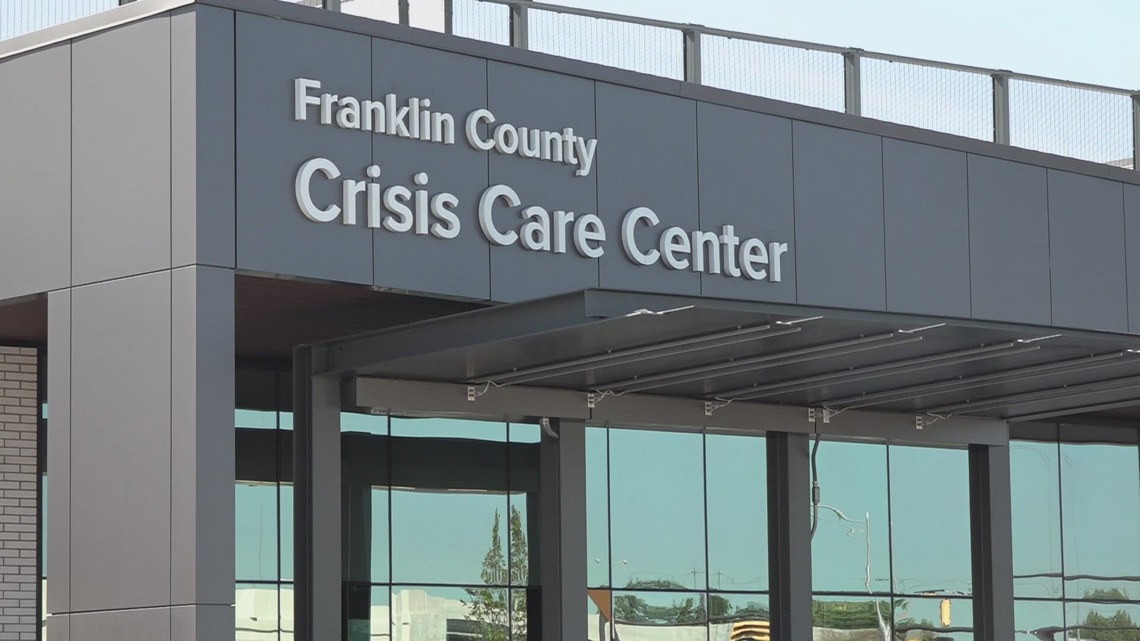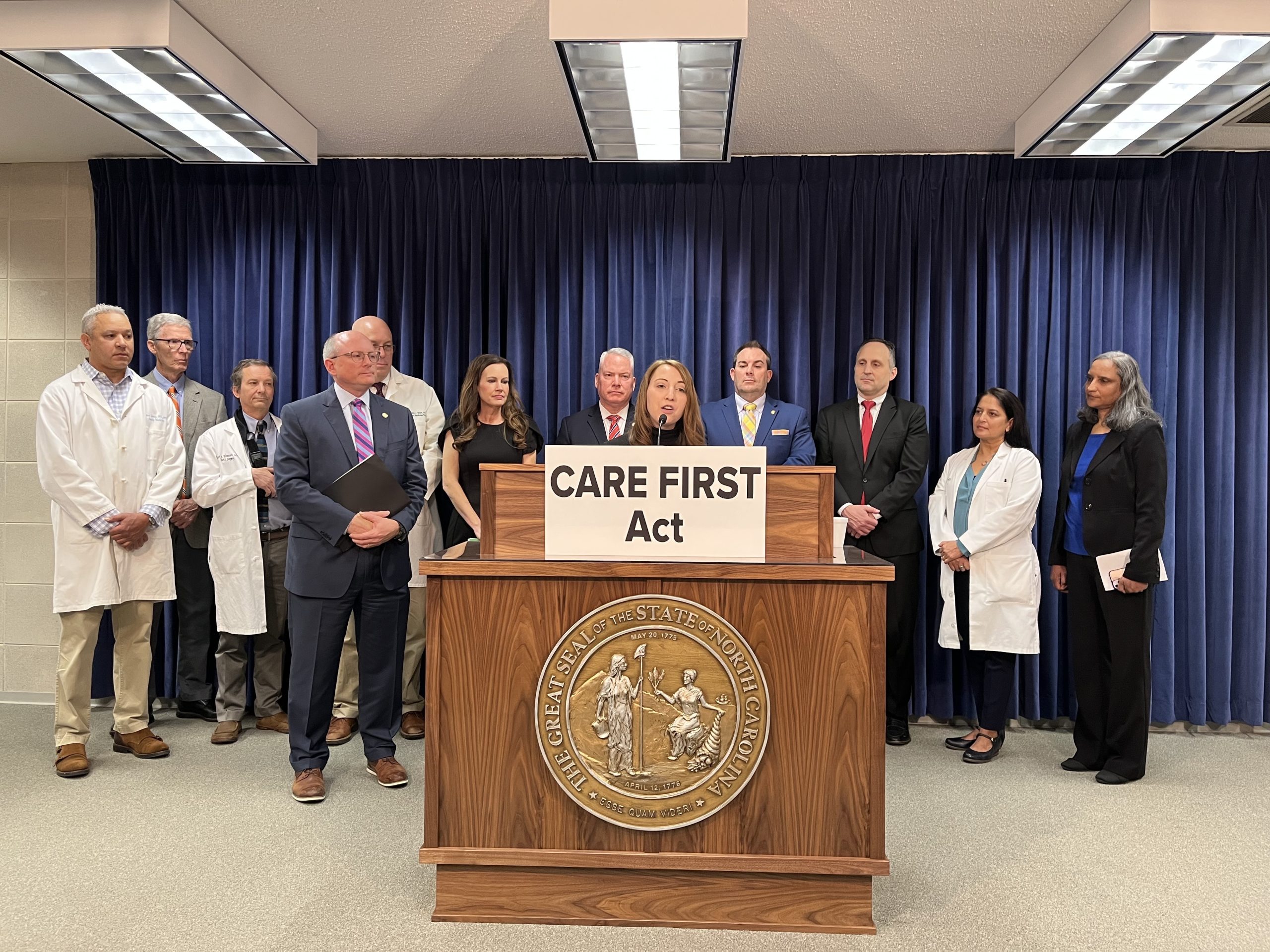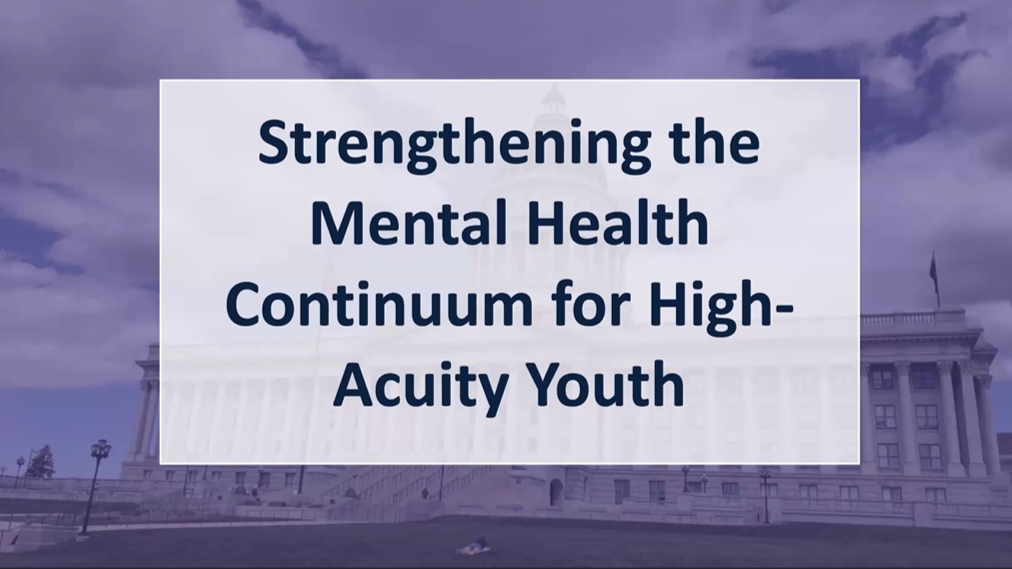"America's Health Crossroads: Inside the CDC's Urgent Warning"

Public Health at a Crossroads: Dr. Debra Houry's Urgent Call for Action
In a powerful and timely message, former CDC chief medical officer Dr. Debra Houry is sounding the alarm about the future of public health in the United States. Despite ongoing policy changes at the Centers for Disease Control and Prevention (CDC) and Department of Health and Human Services (HHS), Dr. Houry remains optimistic, asserting that "public health in our country can still thrive if we intervene now."
Her insights come as part of an illuminating episode of "Here's the Scoop," the podcast hosted by renowned journalist Yasmin Vossoughian. Listeners can catch the full interview on their preferred podcast platform, gaining valuable perspectives on the current state of public health and potential strategies for meaningful intervention.
Dr. Houry's message serves as a critical reminder that proactive measures and strategic thinking can help preserve and strengthen our nation's public health infrastructure, even in the face of significant challenges.
Don't miss this compelling discussion - tune in to "Here's the Scoop" today!








